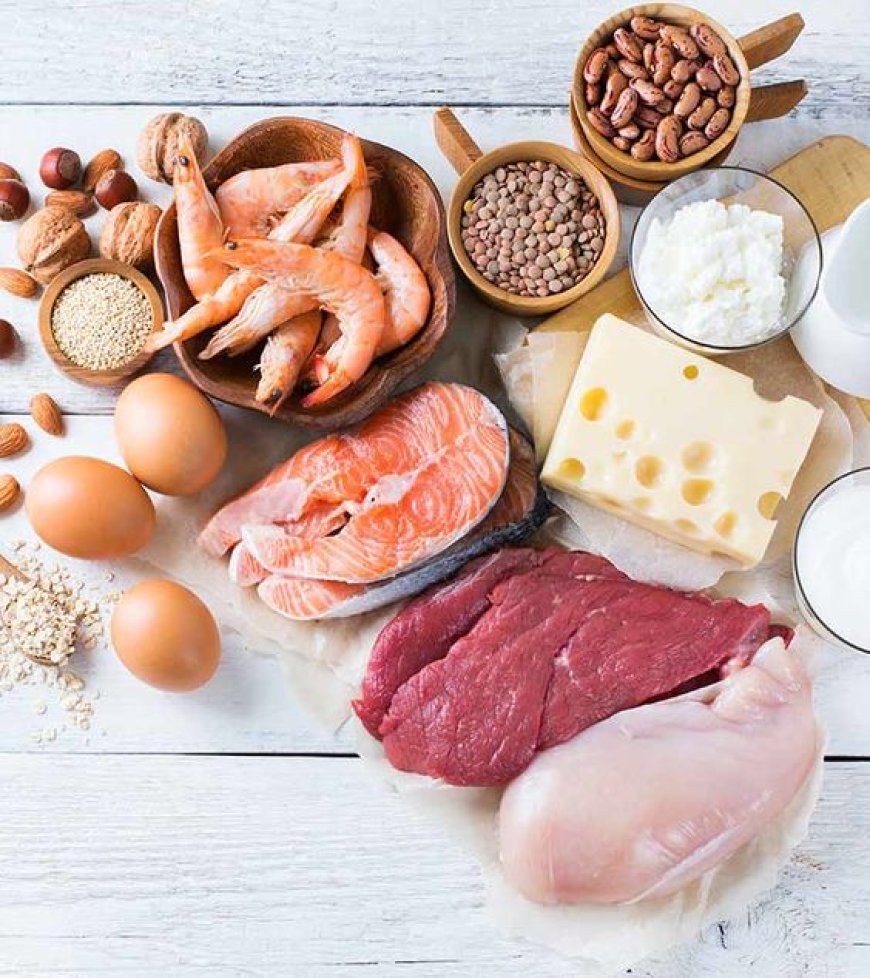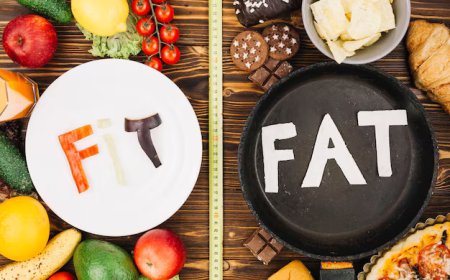How Much Protein Do You Really Need on a Daily Basis? Examine These Dos and Don'ts
According to experts, if you are on a high-protein diet, it is important to include proteolytic enzymes in your diet. Read on for details

Protein is rightfully known as the "building block of life." It is one of the three basic macronutrients that comprise the majority of our body (the other two being fat and carbohydrates). Protein is required to develop muscles, manage weight, improve skin health, and prevent hair loss, among other things. However, unlike carbohydrates and fat, our bodies have no reserve to store protein; so, experts recommend adding it in your regular diet for your daily fix. "If you do not consume enough protein on a daily basis, it can lead to several health problems such as poor mental focus, muscle weakness, weight gain, lethargy, and fatigue," says nutritionist and macrobiotic health coach Shilpa Arora. However, overdoing it or not digesting it adequately may be harmful.
How Much Protein Should You Consume Daily:
"The adult RDA (recommended dietary allowance) for protein is 0.8 to one gram per kg of weight, depending on the type of physical activities you have in your routine," says nutritionist Deepti Jain. "A 65kg adult would require 52-65 grams of protein per day." However, the RDA may differ depending on your age, body weight, physical fitness, exercise level, and health concerns. As a result, it is always recommended to visit an expert to determine the appropriate dosage for your body.
What Happens When Your Body Consumes Extra Protein Or Fails To Digest It?
As with most things in life, if you eat too much protein, there may be a price to pay. Let's take you through some of the major health concerns associated with excess protein intake.
Gut problems:
Protein should be consumed on a daily basis. However, we frequently overlook the fact that the protein must be digested properly in order to get the benefits. Failure to do so may result in indigestion, constipation, bloating, and other digestive issues.
Weight gain:
You need protein to lose weight, but too much of it might have the opposite effect. Excess protein is often stored as fat, which, according to a study published in the journal Clinical Nutrition, can result in weight increase over time.
- Dehydration: Your body excretes extra nitrogen through perspiration and urine, leaving you dehydrated. A study conducted by the Federation of American Societies for Experimental Biology discovered that athletes who increased their protein intake had lower levels of hydration.
- Kidney problems:
According to a Harvard Medical School study, those who consume a high-protein diet are more likely to develop kidney stones. Excess protein causes an increase in saturated fat, which obstructs the natural detoxification process.
How To Digest Protein Better?
According to nutritionist Simrun Chopra, it is critical to incorporate proteolytic enzymes in your diet if you are on a high-protein diet. These enzymes help you to: - Degrade proteins
- Improved digestion
- Boost immunity
- Aid cell division -Manage blood clotting in the body
- Reduce inflammation.
What Are The Major Food Ingredients Containing Proteolytic Enzymes
Simrun Chopra identified two of the most effective sources of proteolytic enzymes in a social media post, both of which are inexpensive and easily accessible.
Ingredient 1: Papaya - It contains papain, which aids in wound healing as well as irritable bowel syndrome (IBS) symptoms such as bloating, constipation, and uncomfortable bowel movements.
Ingredient 2: Pineapple contains bromelain, which aids in the relief of joint pains, edema, and stiffness, as well as the treatment of nasal problems.
"Other food items that contain proteolytic enzymes are kiwi, fermented vegetables, ginger, asparagus, and yogurt," she continues.
We recommend incorporating these recommendations into your regular diet and enjoying good health now that you know how to get the most of the protein you consume. And never forget, moderation is the key.
What's Your Reaction?























































































